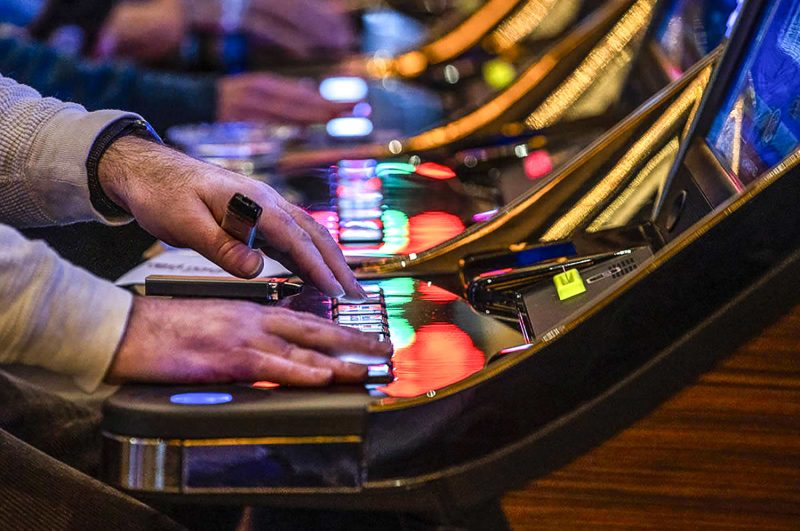
Smoke Signals: Shareholders Drive Casinos to Rethink Indoor Smoking Policy
The recent push by shareholders for casinos to reassess indoor smoking policies has sparked debates within the gaming industry. Shareholders are voicing concerns about the health and safety risks associated with indoor smoking, particularly in the wake of the COVID-19 pandemic. This move reflects a broader trend towards greater emphasis on public health and wellness in corporate decision-making.
Indoor smoking has long been a contentious issue in the casino industry. Many casinos have allowed smoking on their gaming floors as a way to cater to customers who smoke and generate additional revenue. However, the negative health impacts of secondhand smoke exposure cannot be overlooked. Research has shown that exposure to secondhand smoke in indoor environments can lead to respiratory issues, cardiovascular diseases, and even cancer. In light of these risks, shareholders are urging casinos to prioritize the well-being of both employees and patrons by revisiting their smoking policies.
The COVID-19 pandemic has further highlighted the importance of maintaining clean and healthy indoor environments. The virus is known to spread more easily in enclosed spaces, making it crucial for businesses to take steps to reduce potential transmission risks. Casinos that allow indoor smoking may inadvertently be putting individuals at greater risk of contracting not only respiratory diseases like COVID-19 but also other health conditions exacerbated by smoking.
Several major casino operators have already taken steps to address indoor smoking concerns. Some casinos have implemented designated smoking areas or banned smoking altogether on their premises. These proactive measures demonstrate a commitment to creating a healthier and safer environment for everyone. By aligning their policies with public health recommendations, casinos can not only protect their customers and employees but also enhance their reputation as responsible corporate citizens.
In response to shareholder pressure, more casinos are now considering reassessing their indoor smoking policies. These discussions are likely to involve weighing the financial implications of potentially lost revenue from smokers against the benefits of a smoke-free environment. While there may be short-term challenges in transitioning away from indoor smoking, the long-term gains in terms of improved public health and customer satisfaction could outweigh the costs.
Moving forward, it is essential for the gaming industry to strike a balance between business interests and public health concerns. By engaging in open dialogue with shareholders, casino operators can explore creative solutions that address indoor smoking issues while upholding their commitment to customer service and profitability. Ultimately, the decision to reassess indoor smoking policies reflects a growing awareness of the importance of prioritizing health and well-being in corporate decision-making. Shareholders, casinos, and regulators all have a role to play in shaping a more sustainable and responsible gaming industry.
